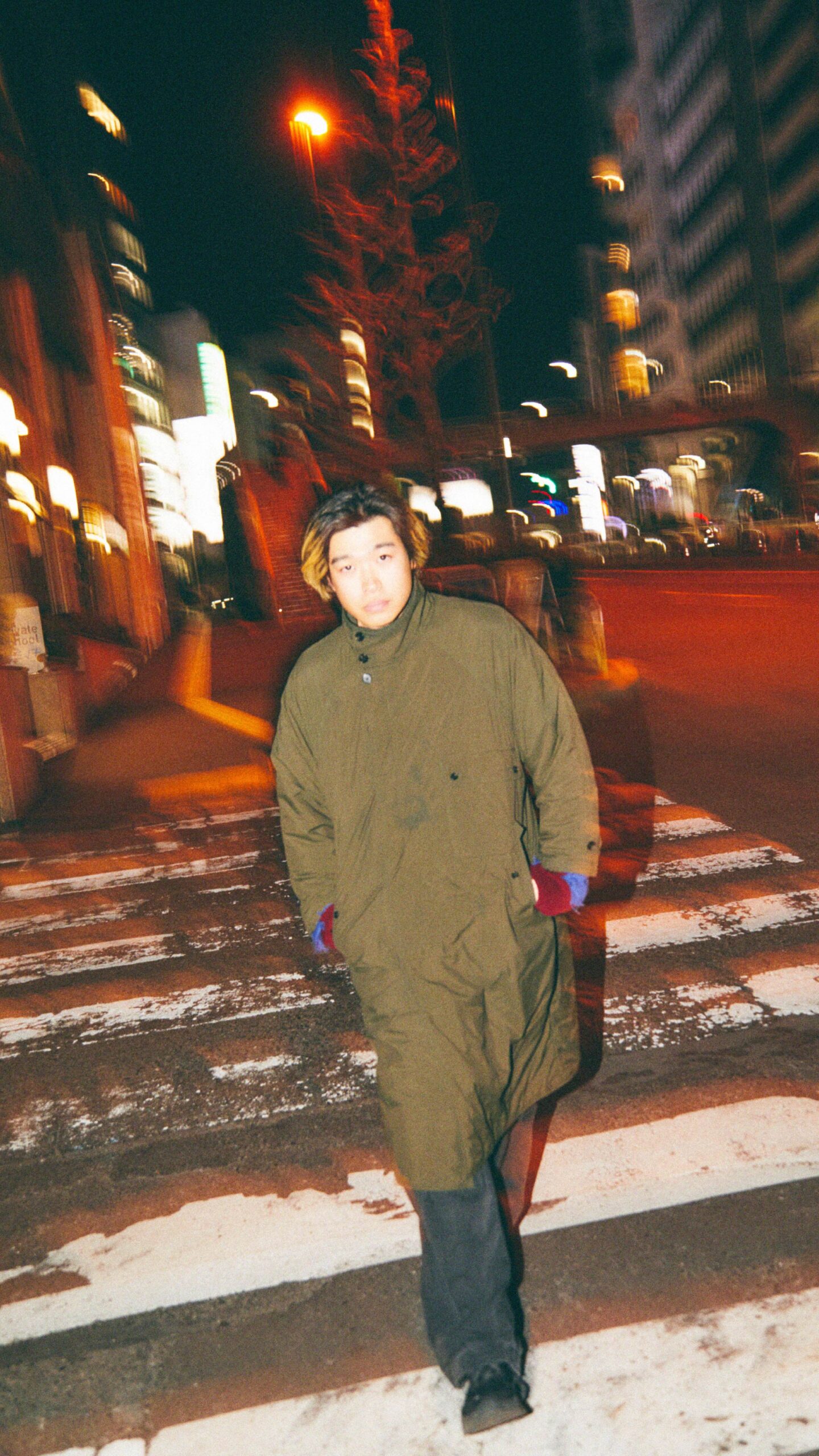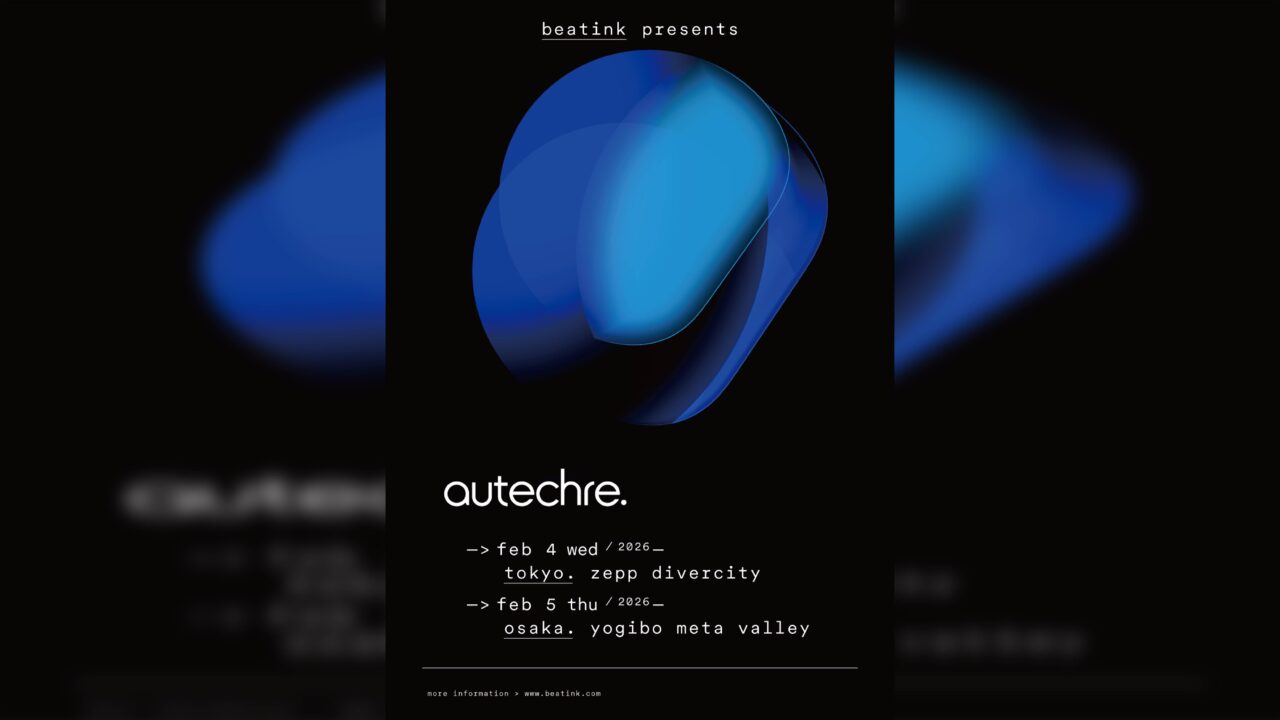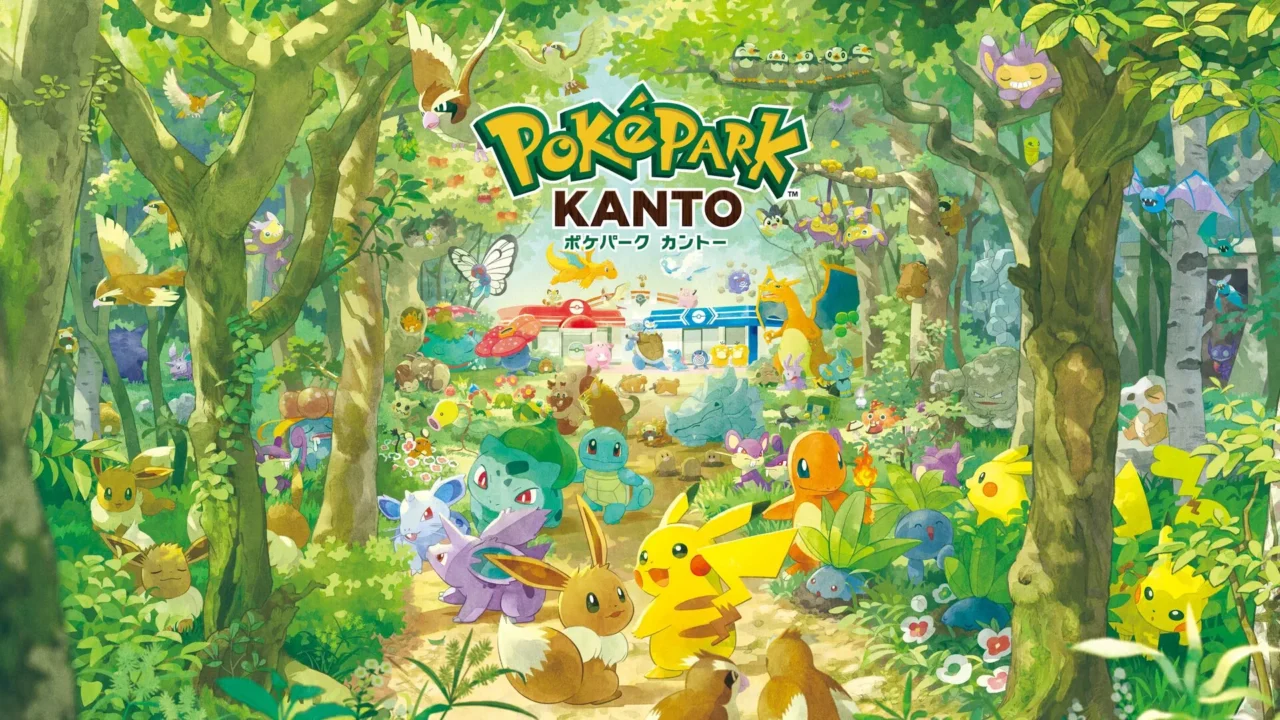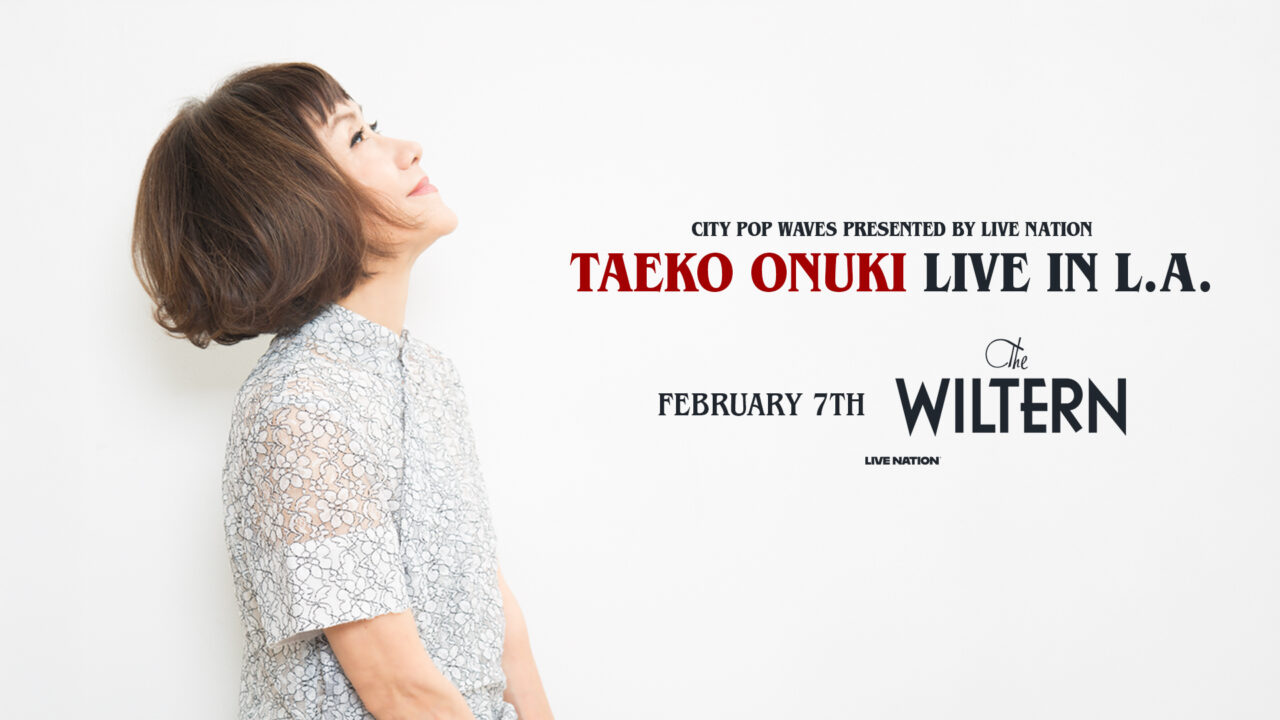YAJICO GIRL is entering a new chapter, blending the pulse of dance music with their signature emotional depth. With the release of EUPHORIA DLX and upcoming solo shows, YAJI YAJI SHIYOUZE 2025, in Osaka and Tokyo, the band continues its evolution—from guitar rock to ambient R&B/hip-hop, through a city pop phase, and now fully embracing the euphoria of the dancefloor.
At the heart of this transformation is vocalist Hayato Shiho, a self-proclaimed “indoor person” who doesn’t fit the typical club-goer mold. Drawn to dance music through the delicate melancholy of SUPERCAR, Shiho infuses YAJICO GIRL’s sound with more than just the bliss of house and techno—it’s music that reassures, embraces, and tells listeners, “You’re fine just as you are.” As the band continues to redefine itself, we sat down with Shiho to explore their latest musical direction and the emotions driving it.
INDEX
Tracing the Roots of Dance Music: SUPERCAR’s Unique Charm, Where Resignation is a Given
Can you tell us about the reasons why YAJICO GIRL has leaned more toward dance music in recent years?
Shikata: When you’re in a band, live performances inevitably become a major part of your activity. As we faced that reality, we started thinking more about our relationship with the audience and what makes a show truly engaging. That led us to appreciate the comfort and atmosphere of a club setting, and we wondered if we could bring that same feeling into a live house as a band. From there, our interest in dance music grew stronger, and we naturally shifted in that direction.
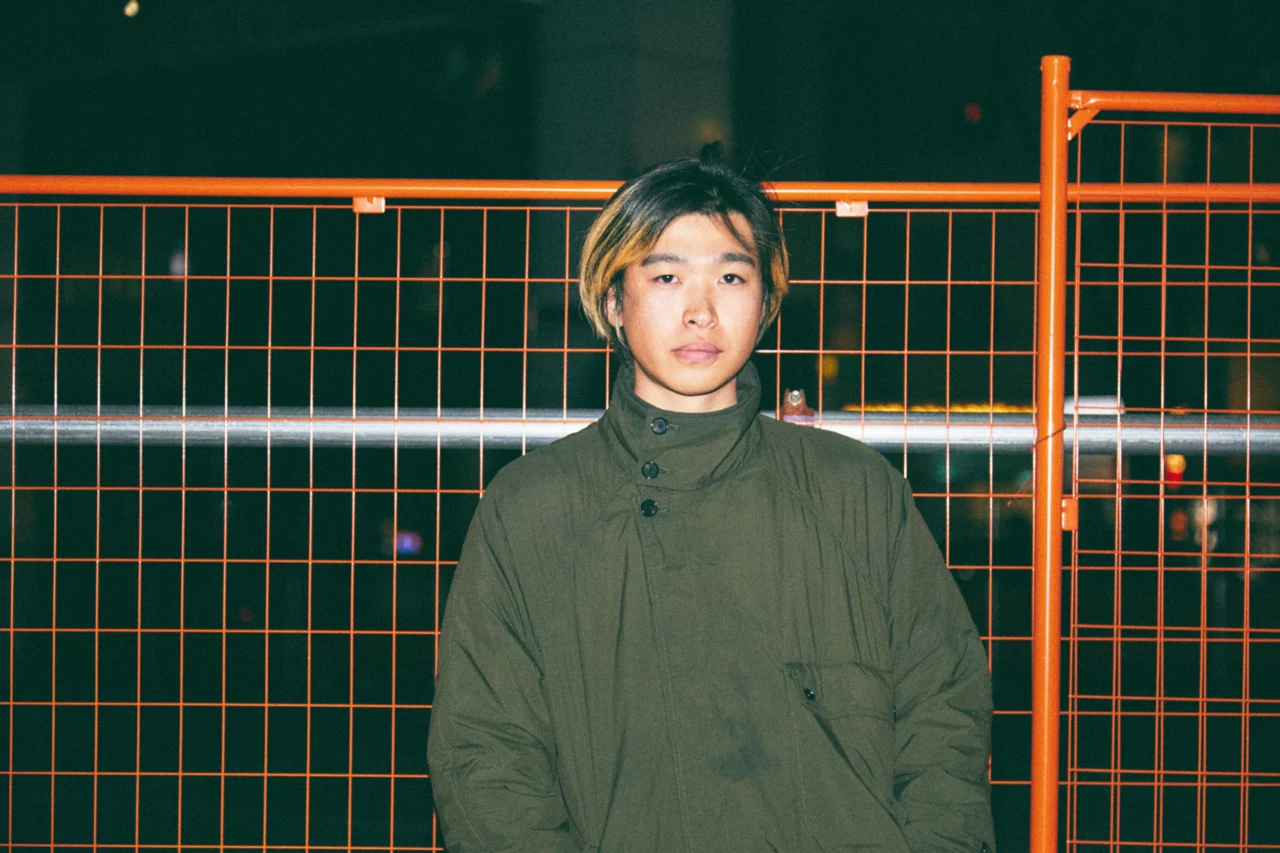
Vocalist of the five-member band YAJICO GIRL. He describes his creative stance as “Indoor Newtown Collective.” In 2016, he won top prizes at various auditions, including Unidentified Festival and MASH FIGHT. He self-produces almost all of the band’s creative work, from music production and artwork to shooting and editing music videos. In 2020, he relocated from his hometown of Osaka to Tokyo, expanding his creative reach and influence.
Shikata: With the flow of the times, I’ve always been the type of listener who enjoys following trends, so I think there’s definitely been something that resonates with me in that regard. My roots are in SUPERCAR, and I’ve been listening to The Chemical Brothers alongside rock music since my school days. That, combined with the Y2K revival that’s been going around, perfectly aligned with the kind of dance music we’ve been seeking. This shift really came together around 2023, and in November 2024, we released an album as the culmination of that journey, followed by the creation of this deluxe version.
Can you mention some recent dance music that has particularly influenced you?
Shikata: There are so many, but… I think BRAT, the album Charlie XCX released last year, was really symbolic. The Y2K era, the dance music culture that developed during that time, the rave-like sensibilities—it all kind of mixed together in my mind, and I think BRAT brings it all together as a single concept. I was very conscious of that influence.
Shikata: After the pandemic, I think there was a rise in the energy surrounding club music across different countries and cultures, but for me, BRAT solidified that and really turned it into a movement. The reason I wanted to use bold, primary colors for the cover of EUPHORIA was also influenced by BRAT.
What was it about SUPERCAR that you were drawn to?
Shikata: I’ve always loved the movie Ping Pong, which featured SUPERCAR’s theme song, but it was also the band’s inorganic, minimalistic vibe, the sense of fragility, and that feeling of resignation that resonated with me. Those aspects felt more natural to me than other bands. That’s true even now, as I’ve grown older and listened to a wider range of music. That world, that nuance, still feels like it fits with me. The way they express negativity through their lyrics—I think that’s definitely something I’ve been influenced by.
The live version mix of “CLASH MIND” on Disc 2 of EUPHORIA DLX was originally a track from Indoor. Was the influence of SUPERCAR’s “Strobolights” still present in the imagery for that track?
Shikata : Yes, that’s right. It’s a track I made back then because I wanted to do something similar to SUPERCAR, but the new version has a higher resolution, and I feel like I can now more clearly express what I originally wanted to do.
When it comes to albums, ANSWER and Futurama are my favorites, and the song “Easy Way Out” from Futurama had a huge influence on me in terms of lyrics. Lines like “It’s fine, there are no good ideas anyway. It’s fine, there’s no rush. What’s true doesn’t even matter.”—that sort of detached perspective really resonates with me.
“It’ll happen, one way or another.” There’s definitely a sense of resignation there, right? SUPERCAR started out as a 1990s-style rock band but gradually evolved into something more electronic, with a dance music phase. Even their final album, ANSWER, felt different from their previous work. Do you like how their sound evolved over time?
Shikata: That’s true. There’s something really beautiful about the flow leading up to their end—like the band’s progression was incredibly graceful. They have this image of being a truly beautiful band.
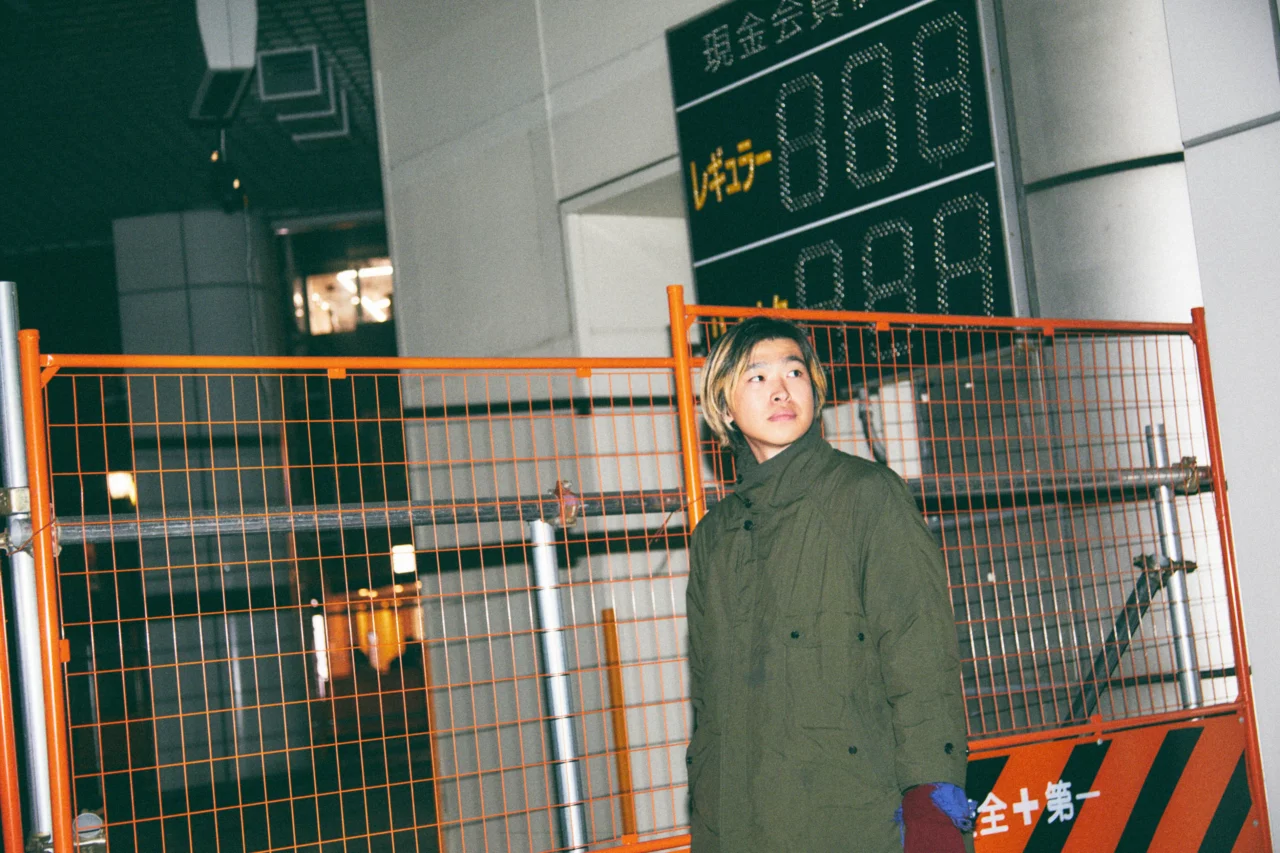
If YAJICO GIRL were to break up, that would be a real issue! [laughs] But in terms of musical evolution, there’s a definite link, right?
Shikata: I’ve always been drawn to bands that follow their own creative instincts, no matter where they lead. It’s that kind of authenticity that has inspired us as we’ve worked on our own music. That’s something we really want to preserve.
It seems like today’s music scene is split between bands that stick to one solid sound or solo artists who constantly switch genres. There aren’t as many bands that reinvent themselves with every album anymore.
Shikata: That might be true, especially since the tradition of storytelling through albums has become less prominent. But when I listen to international artists, I see that, despite all the trends, many still create albums that showcase a unique world view. Charlie XCX is a perfect example of this, and I really enjoy that approach. It’s something I’m consciously working into our own music as well.
INDEX
From the Comfort of “Introvert” to the Vibrant Energy of the Club: Shikata’s Thoughts
How do you feel about the response to your live performances since shifting to a dance music style?
Shikata: The solo live we had in Tokyo in November 2024 was, for me, a moment where we were able to solidify something we had been working toward over the past year. Personally, it felt very rewarding.
I understand that you’ve always preferred making music over performing live. Do you experience any internal conflict when it comes to live shows?
Shikata: I’m not the type to organize events or take charge at the center of a crowd to shape the atmosphere. That’s just not my personality. But I do see it as an area where I need to push myself, so it’s not so much inner conflict. That said, when I’m on stage, there is a tension between what I want to express as an artist and as an individual, versus what might work best for the show in terms of performance. That’s the part I wrestle with.
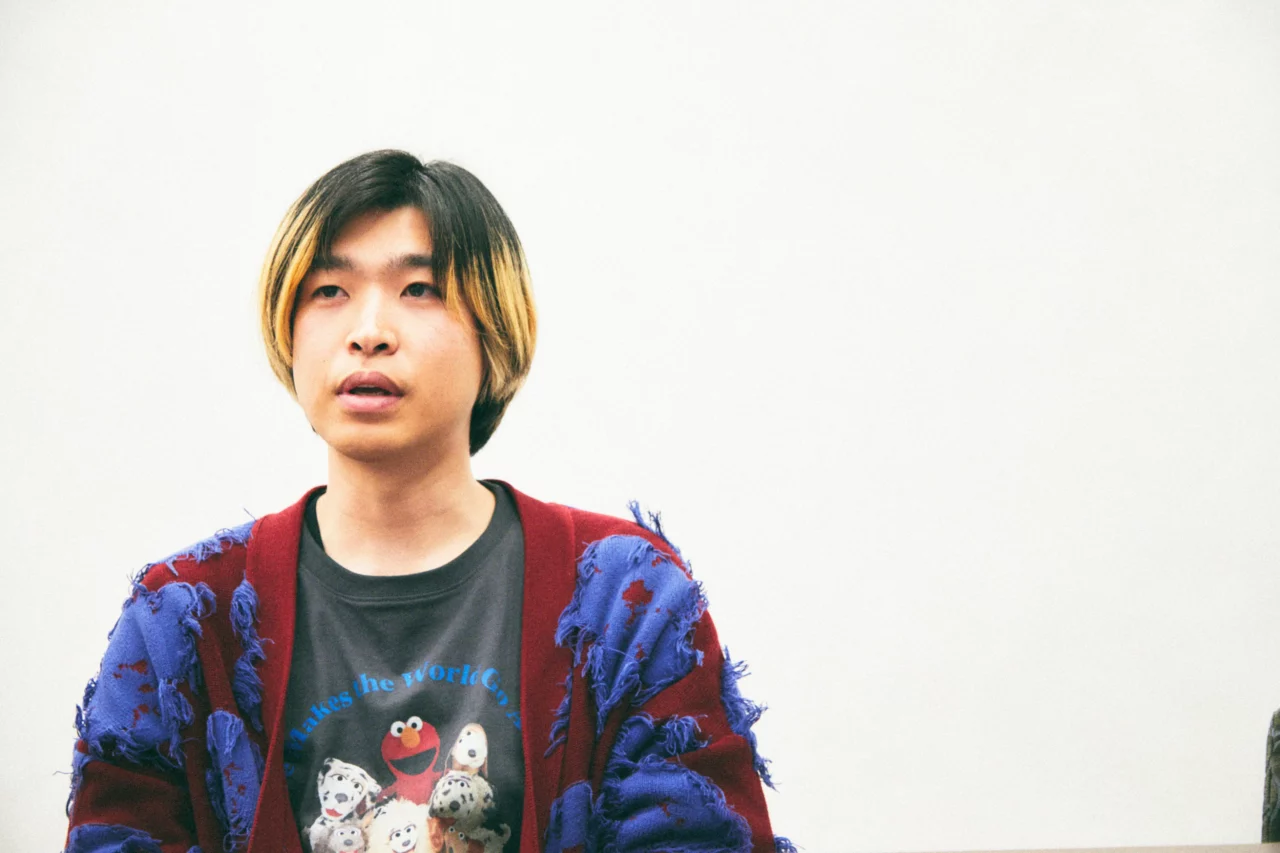
Is there a difficulty in aligning your ego as an artist with the entertainment aspect, and how to balance those two?
Shikata: That’s always been a conflict for me, but recently, in a good way, I feel like my ego has gradually diminished, and I’m making choices that allow everyone to enjoy the experience. It may be a bit of a skewed structure, but I believe pop culture has this aura that comes from being oppressed or born out of desperation. The works of those in pain are often sad, but still fascinating.
You’ve never been the type to go clubbing, right?
Shikata: I even call myself “Indoor Newtown Collective,” so yeah, that’s right [laughs]. But with that said, I do understand the importance of the hands-on, live scene. At the same time, I wish dance music could be enjoyed in a more casual way, and I think club spaces could be more open. As a music fan, I feel that way. I’d like to be a bridge in that regard. There are a lot of people who say, “I go to live houses, but I don’t really understand clubs.” If our band could help them experience “this kind of pleasure” in club culture, that would make me happy.
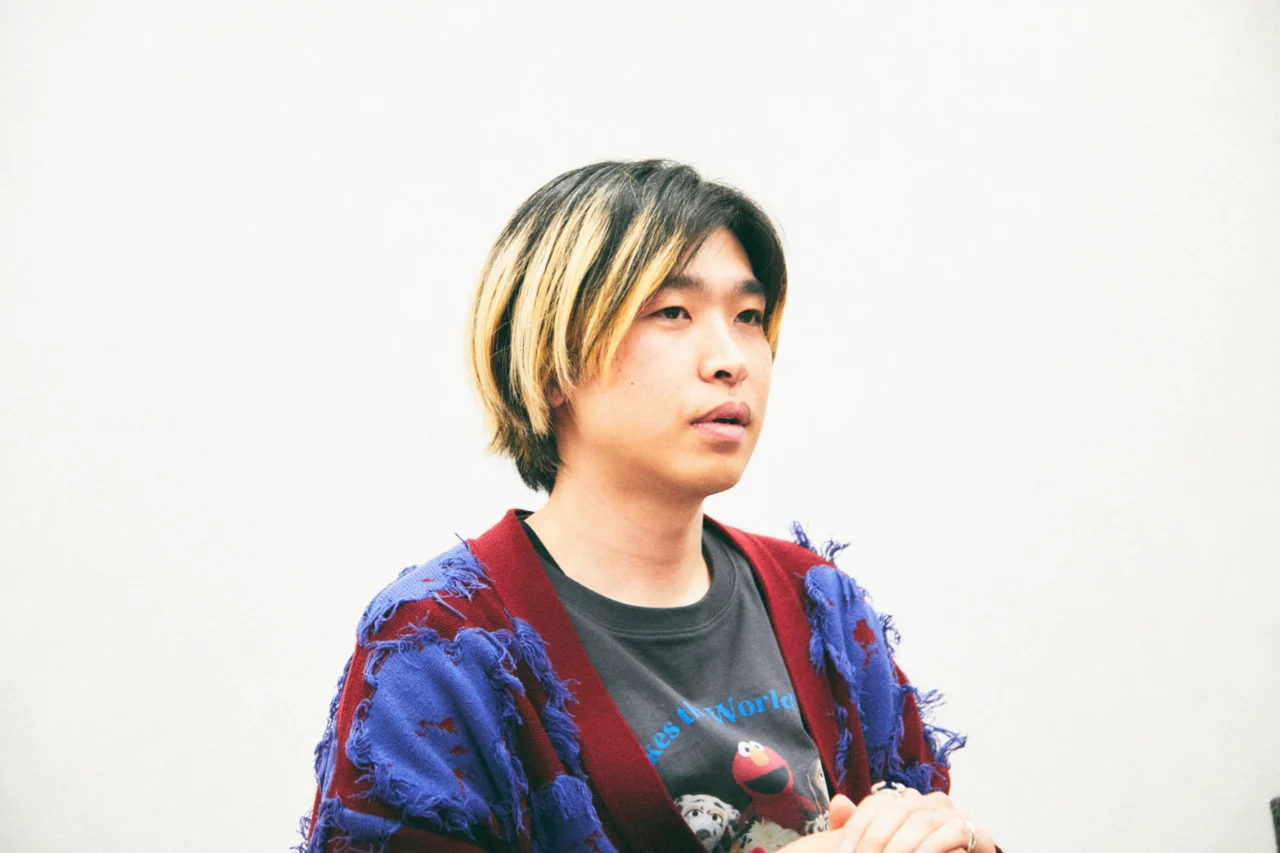
There are a lot of people who don’t quite fit into the rock festival vibe, yet also don’t know how to enjoy themselves when told to “just dance however you like.” It seems like there’s a unique niche that only YAJICO GIRL can fill, combining both the appeal of a rock band and the pleasure of dance music. I feel like there’s real potential in that.
Shikata: That’s definitely something we’re betting on. At our core, we are a “band,” so I don’t see us ever fully transitioning into just standing behind a DJ booth and playing only club music [laughs].
Instead, I want to blend more of a live, rock-band feel into our sound. If we can mix that with the digital-rock vibes of artists like The Chemical Brothers or Fatboy Slim, then I think our take on house music will become even more distinctive and exciting as a band.



